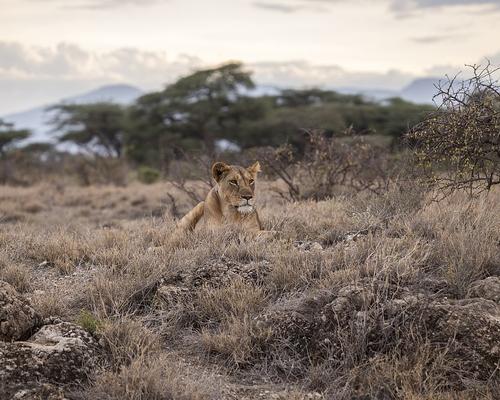An essay by CSSN Scholar Prakash Kashwan and coauthors shows how the racist and colonial history of global conservation continues to shape conservation organizations today.
“In this essay, we show that the effects of colonialism and racism are etched in the dominant philosophy, models, and institutional apparatus of global conservation. While some scholars and practitioners have offered significant critiques of the dominant approaches to global conservation, the institutional apparatus that upholds the colonial and racist legacies of conservation continues to hold tight. We show that in recent decades global conservation nongovernmental organizations (NGOs) have contributed to further strengthening of this exclusionary and repressive institutional apparatus, especially with the emergence of the phenomenon of “militarized conservation.” Moreover, the arguments about the rights of indigenous peoples and rights-based approaches to conservation are increasingly being appropriated to serve exclusionary protected-area-based approaches to conservation. We suggest that the debates over competing models of conservation demand a newer emphasis on political and institutional reforms, coupled with public accountability of major international conservation NGOs.”



